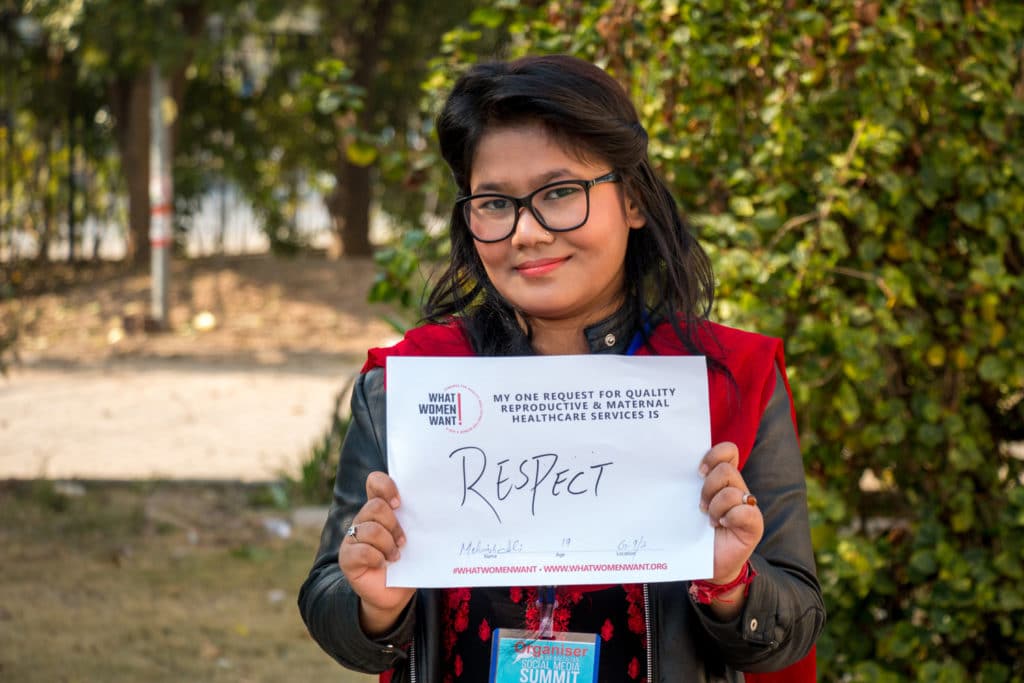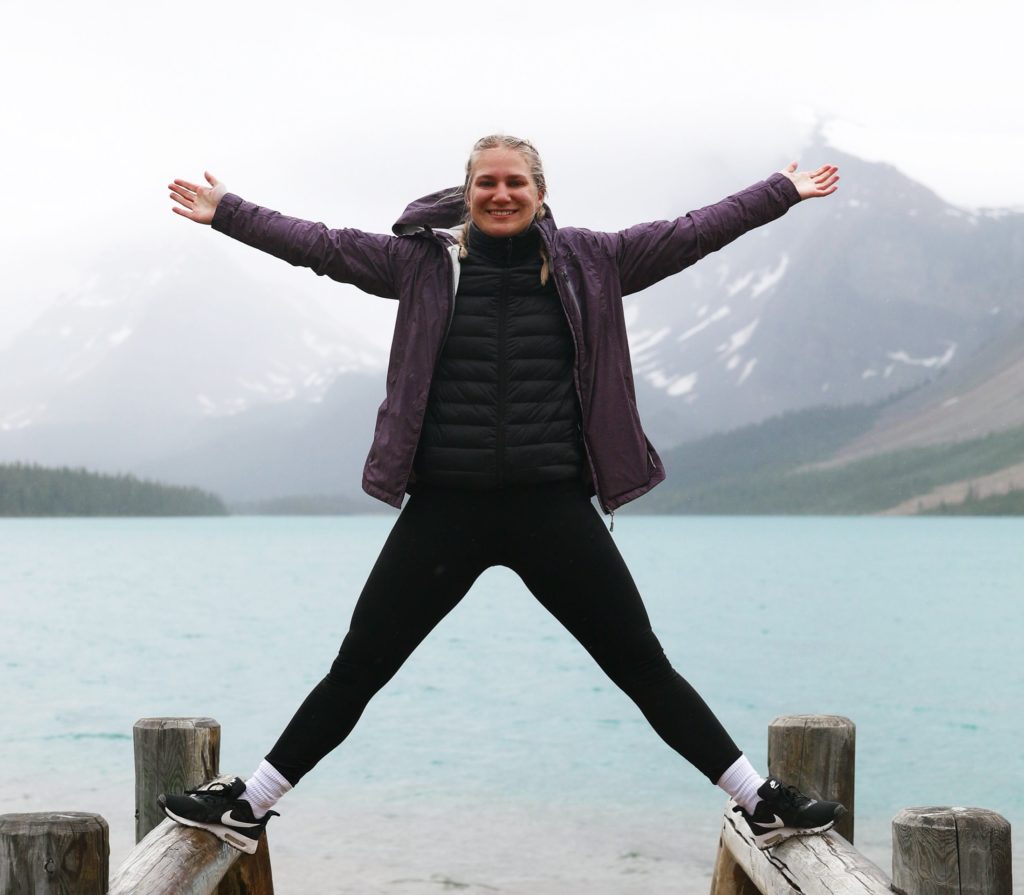At its basic level, social justice is the equitable distribution of wealth, opportunities and privileges for all people, especially underserved and marginalized populations. While this is important in America, it is also a basic, crucial need for people in developing countries. In each community, the oppressed and the oppressors vary. The drive for social justice exists everywhere, but every community has its unique needs to achieve equity.
Our charity partners understand the need for local change when doing social justice work on a worldwide scale. In many countries, heightened punishments and human rights violations make the stakes higher and the need for social justice even greater. Especially for an issue so closely tied to government policy and social institutions, it is critical to fight injustice differently within each country, and sometimes village by village.
That is why we are sharing stories below from Human Rights Watch, Partners in Health, Tostan Inc., White Ribbon Alliance and Outright International. All these charities work with affected and marginalized communities at the local level to amplify their lived experiences and identify effective ways to make a change. Through them, you can get a better sense of what local action looks like and how it adds up to global improvement.
Human Rights Watch Protects Girls’ Rights
Human Rights Watch (HRW) investigates and reports on abuses happening in all corners of the world to create policy change in more than 100 countries. Below is just one example of their work in Tanzania. In 2017, the president instituted a discriminatory ban that pushed pregnant teens out of school and denied young mothers the right to return. Since then, HRW mobilized international opposition by reporting on the devastating impact of compulsory pregnancy testing by school officials.
HRW researchers worked with Tanzanian and regional partners to jointly press the government and its international funders to take a major step in protecting the right to an education for all Tanzanian girls. In November 2021, the government announced that it was removing the ban and allowing young mothers to continue their studies, opening the door to opportunities and promising them a brighter future.
Partners in Health Supports Local Health Systems
Partners In Health delivers health care to the world’s poorest places and partners with local governments to bring about global change. The charity has worked in Peru since 1994, where it responded to a tuberculosis outbreak. Ultimately, it changed World Health Organization (WHO) policy, leading to the revision of its global treatment recommendations for the disease. In the decades since, Partners in Health (or Socios En Salud as they are known in Peru) has continued to provide medical care and social support to strengthen the country’s health system.
Last year, a new oxygen plant was installed by Socios En Salud, the Ministry of Health, USAID and Build Health International. Oxygen is one of the last lines of defense against COVID-19. But the lifesaving resource is difficult to get — especially in Peru, where logistical challenges get in the way. Oxygen plants, which fit in standard-size shipping containers, enable hospitals to fill dozens of portable tanks each day and prevent health workers from having to travel for the high-purity medical oxygen.
“Since the beginning of the pandemic, we have fought to help close the oxygen gap,” said Dr. Leonid Lecca, executive director of Socios En Salud. “With this new oxygen plant…we ensure that more patients have access to timely and quality care.” The installation benefits more than 36,000 people who would’ve otherwise had inadequate health care.
White Ribbon Alliance Expands Reproductive Health Access
White Ribbon Alliance (WRA) is a global network of reproductive, maternal health and rights advocates campaigning for more resources and the right policies to prevent the needless deaths of women worldwide
Okello Mary Philomena lived and worked as a midwife for many years in rural communities in Uganda. Through WRA, she found a way to bridge the gap between the women and girls she helped and the decision-makers and policymakers who were concerned about women’s health issues. The health center operating rooms and theaters lacked equipment, consistent electricity and clean, running water: all the things that make a hospital operational were simply not there. But, because of WRA’s advocacy efforts, these health centers were supplied with proper equipment, consistent electricity and clean, running water as well as completed maternity wards, a fixed emergency vehicle and a full staff.
Even more important than the heath center updates were WRA’s campaigns to make these changes long-lasting. WRA was able to teach every woman, child and community member about the human right to health care, so that they can advocate for themselves. Through White Ribbon Alliance, politicians and leaders were able to hear what citizens had to say about their reproductive and maternal health care demands, and they acted on them. Because of these actions, Philomena saw more change happen in two years than in the previous 40 years and the women in Uganda received the quality, equitable services they deserve.
Tostan Uplifts Women to Become Community Leaders
Tostan Inc. empowers communities to develop and achieve their vision for the future and inspire large-scale movements leading to dignity for all. In Senegal, for example, a woman named Marième was empowered to change social norms.
“Before, my husband would not let me go anywhere, always having to return home each evening no matter what the circumstance,” Marième says. Now, she spends time traveling each month to villages in her region as a Social Mobilization Agent (SMA). To become a SMA, she completed a six-month stay in India where she learned to be a solar power production engineer. She continues to maintain solar equipment in her village and surrounding areas. Without the technology, people in the rural communities are limited by daylight. Now, they have a low-cost way to remain productive after the sun sets.
Her passion for sharing what she has learned is changing the expectations of women and girls for future generations. In March 2022, Marieme earned the Pioneer Woman Prize by the Ministry of Women, Family, Gender, and the Protection of Vulnerable Groups. When she thinks of the future for young women, including her own daughters, Marième hopes for more access to formal education and improved relationships. She says, “If you see our children going to school and attending university, it’s thanks to Tostan and their help.” Programs like this promote social justice for women and girls by protecting them from childhood marriage and abuse. Instead, they have independence and individual opportunities.
Outright International Defends LGBTIQ Rights
Charity Alliance member Outright International documents, defends and advances human rights for lesbian, gay, bisexual, transgender, intersex and queer (LGBTIQ) people around the world.
In 2014, Outright International established its Safety & Security Program to train human rights defenders to assist LGBTIQ people around the world facing persecution, and to continue their advocacy and organizing work in high-risk environments. The program also comes to the aid of high-profile LGBTIQ leaders that face persecution in their home countries. As an example, in 2021 the charity assisted a high-profile LGBTIQ human rights defender in Myanmar to relocate for safety during a military coup.
Additionally, in 2020 Outright International founded the Asia Regional Network on Sexual Orientation and Gender Identity Expression & Gender-Based Violence (GBV), a coalition of 35 member groups based in 10 countries in Asia. The groups share advocacy, expertise and good practices for challenging GBV perpetrated against LGBTIQ people. This year, Outright partnered with IraQueer to publish a report documenting some of the risks and fears of violence experienced by LBTQ women in Iraq and outline recommendations to governments, humanitarian and international aid sectors and civil society partners. Each program is tailored to be most effective in the countries they serve.
Social injustice comes in many forms, but the solutions needed to achieve justice are nuanced in each situation. That is why each example shared above is specific to one community. It may seem small, but every individual story adds up to social and political changes that bring us one step closer to a world where there’s equity for all.
If the stories above resonate with you, there are a few ways you can help:
- Give at work. Learn more about social justice charities and see if your workplace campaign is open to make a gift this time of year.
- Support the social justice fund. It is an easy way to support multiple charities at once and advance social justice initiatives.
- Spread the word. Social justice is Global Impact’s cause of the month for December 2022. Follow along with us on social media all month long and share stories like these with your friends, family and colleagues.



